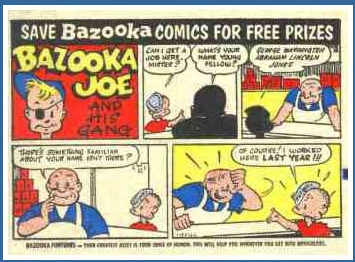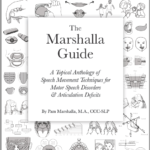Reading and understanding social context is key to good pragmatic skills...
Today I am publishing a retread article I first wrote for examiner.com back in 2012. I thought about this article after presenting a paraprofessional training last week. The attendees asked if I could give them some specific examples of pragmatic difficulities in more typical students. While I was able to provide examples, my response wasn’t as organized as I would have liked. I think I will be sharing this article (or improving on the article) next time I present to paraprofessional or parents. As always suggestions and comments welcomed. Teresa Reading and understanding social context is key to good pragmatic skills When kids are taught “context” most classroom teachers are usually referring to the context of a story. Students, especially the ones who have non verbal learning disabilities, aspergers or even just lack social...
read more





